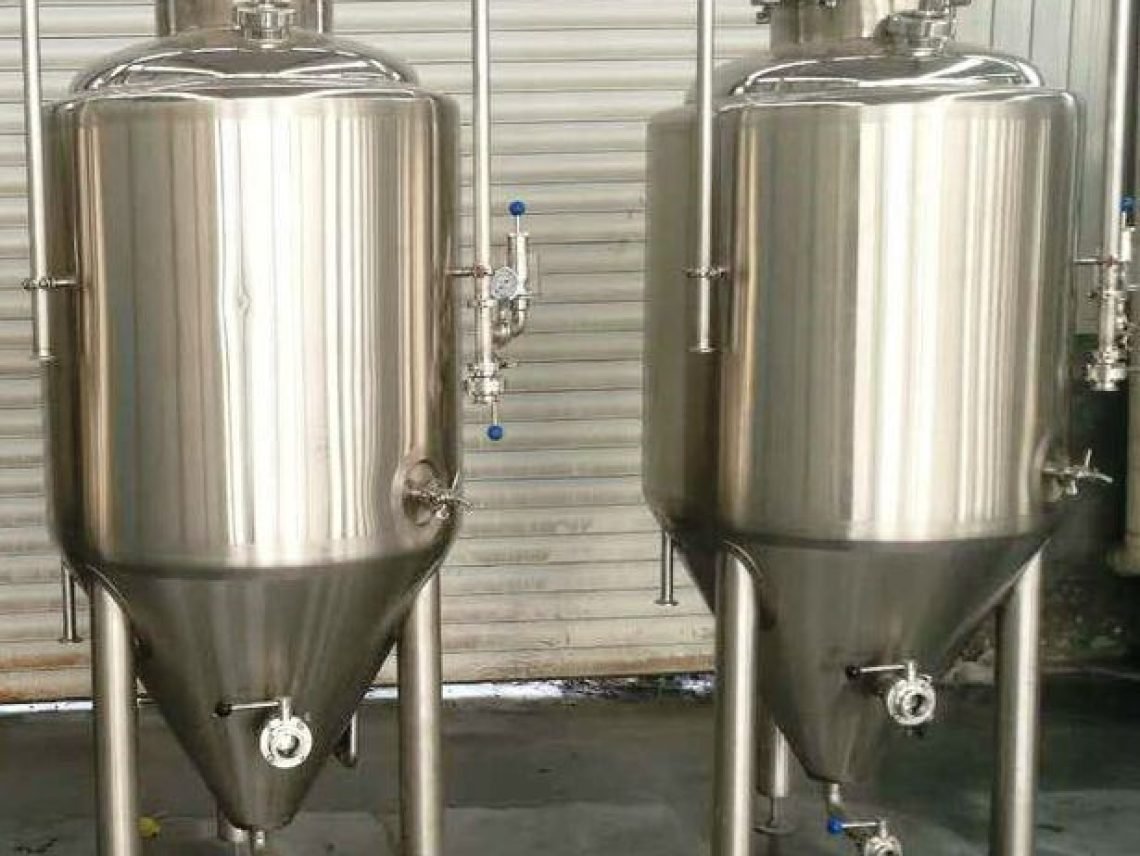What Temperature Does Glycol Breakdown

Table of Contents
ToggleUnderstanding Glycol Breakdown Temperature
What is Glycol?
Glycol, a flexible chemical, plays an important function in numerous industries, along with oil and gas, energy generation, and biogas. At Red River LLC, we recognize the importance of glycol in keeping the efficiency and protection of your operations. But what precisely is glycol? Essentially, it’s a sort of alcohol that carries two hydroxyl groups attached to specific carbon atoms.
Common Applications of Glycol
You’ll locate glycol being used in the entirety from antifreeze and coolants to HVAC systems and heat transfer fluids. Its capability to decrease the freezing factor of water and prevent overheating makes it a cross-to solution in environments where temperature law is critical. Whether it’s keeping your engines going for walks smoothly or ensuring your HVAC structures perform successfully, glycol is the unsung hero in a lot of these packages.
The Science Behind Glycol Breakdown
Chemical Composition of Glycol
To fully draw close why glycol breaks down, we want to dive into its chemical composition. Glycol molecules encompass carbon, hydrogen, and oxygen atoms arranged in a selected shape. This association determines how glycol reacts to heat and other environmental elements.
How Heat Affects Glycol Molecules
When exposed to warmness, glycol molecules can begin to decompose. This decomposition process is prompted by the temperature and length of exposure. Understanding what heat glycol starts to decompose is critical for preserving device integrity and preventing sudden failures.
Temperature Thresholds for Different Types of Glycol
Ethylene Glycol Breakdown Temperature
Ethylene glycol, normally used in antifreeze and coolants, begins to break down at around 2 hundred°C (392°F). Knowing the specific temperature threshold for glycol decomposition lets you set secure running limits in your structures.
Propylene Glycol Breakdown Temperature
Propylene glycol, frequently utilized in meal processing and pharmaceuticals, has a slightly higher breakdown temperature, starting to decompose at around 188°C (370°F). Understanding these temperature thresholds is essential for making sure the reliability and safety of your operations.
Signs and Effects of Glycol Breakdown
Visual Indicators of Glycol Decomposition
Glycol breakdown can appear in numerous approaches, inclusive of discoloration, smell changes, and the formation of sludge. These visual signs are crucial for early detection and preventive protection.
Impact on System Performance
Decomposed glycol can result in reduced warmness switch efficiency, corrosion, and system blockages. Understanding the impact of glycol breakdown on system performance facilitates you’re taking proactive measures to preserve the most suitable functionality.
Need a reliable partner?
Frequently Asked Questions About Glycol Breakdown
What are the common signs that glycol is breaking down?
Glycol breakdown can be spotted through several telltale signs. If your glycol appears discolored, develops an unusual odor, or forms a thick sludge, these are strong indicators that it’s starting to decompose. Additionally, you might notice a reduction in the efficiency of your system’s heat transfer capabilities, which can be another red flag.
How can I prevent glycol from breaking down prematurely?
Preventing glycol breakdown involves maintaining proper operating temperatures and ensuring regular maintenance of your system. Use high-quality glycol products and consider additives that enhance thermal stability. Regularly monitoring glycol levels and conditions, as well as performing periodic system flushes to remove contaminants, can significantly extend the life of your glycol.
What happens if I continue to use decomposed glycol in my system?
Using decomposed glycol can lead to several issues. Firstly, it reduces the efficiency of heat transfer, which can cause your system to overheat or freeze. Secondly, decomposed glycol can become corrosive, leading to damage in your pipes and equipment. Finally, it can result in the formation of blockages within the system, increasing the risk of operational failures and costly repairs.
Are there different types of glycol and do they break down at different temperatures?
Yes, the two most common types of glycol are ethylene glycol and propylene glycol. Ethylene glycol generally starts to break down at around 200°C (392°F), while propylene glycol begins to decompose at approximately 188°C (370°F). Knowing the specific breakdown temperatures for each type is crucial for selecting the right glycol for your application and setting safe operating limits.
Can glycol breakdown be reversed or slowed down once it starts?
Once glycol starts to break down, it’s challenging to reverse the process. However, you can slow it down by promptly addressing any signs of contamination and maintaining optimal system temperatures. Adding stabilizers and inhibitors designed to enhance glycol’s thermal stability can also help slow down decomposition. Regular maintenance and monitoring are key to managing glycol’s lifespan effectively.
Table of Contents
ToggleRelated Blog Post
- Is glycol flammable?
- Does Glycol Go Bad?
- How is glycol transported?
- Can glycol go down the drain?
- Does glycol degrade over time?
- Does glycol break down plastic?
- How do you store propylene glycol?
- How long does glycol last in a boiler?
- Does glycol hold heat longer than water?
- Is glycol considered a hazardous material?
- How often does glycol need to be replaced?
Solutions
In the realm of industrial solutions, Red River emerges as a pioneer, offering a diverse range of custom-engineered products and facilities. Among our specialties is the design and production of Custom/OEM Pressure Vessels, meticulously crafted to meet individual client requirements, ensuring performance under various pressure conditions. Our expertise extends to the domain of prefabrication, where Red River leads with distinction.
The company excels in creating prefabricated facilities, modules, and packages, reinforcing its stance as a forerunner in innovation and quality. This proficiency is further mirrored in their Modular Skids offering, where they provide an array of Modular Fabricated Skid Packages and Packaged equipment. Each piece is tailored to client specifications, underlining their commitment to delivering precision and excellence in every project they undertake.
